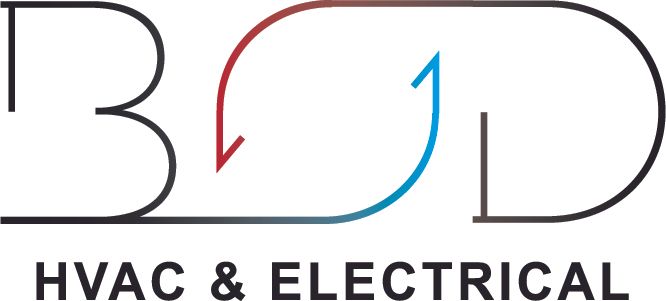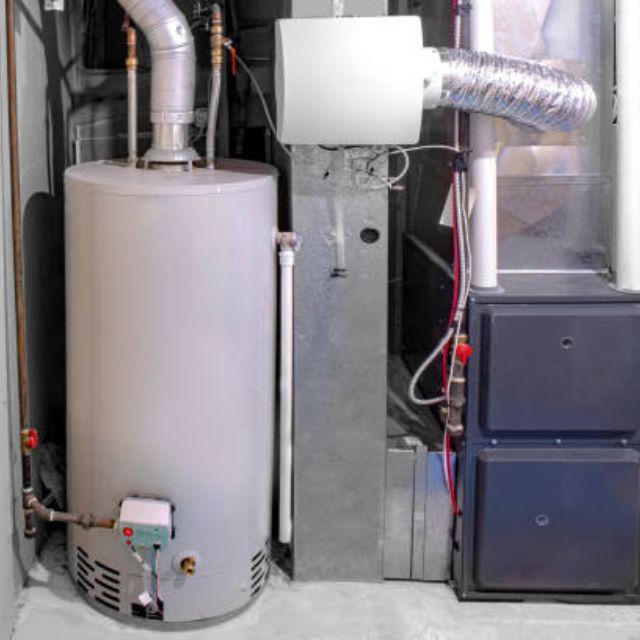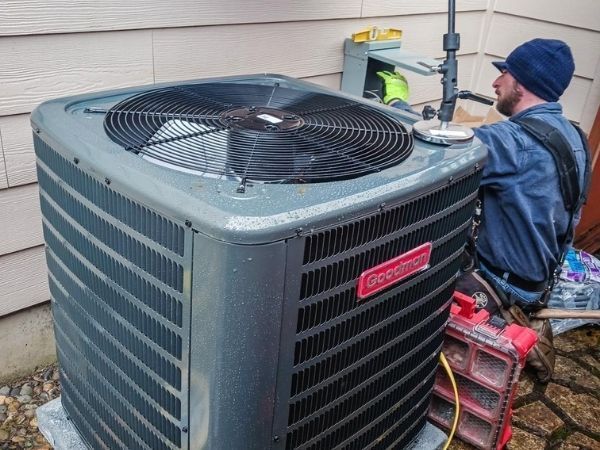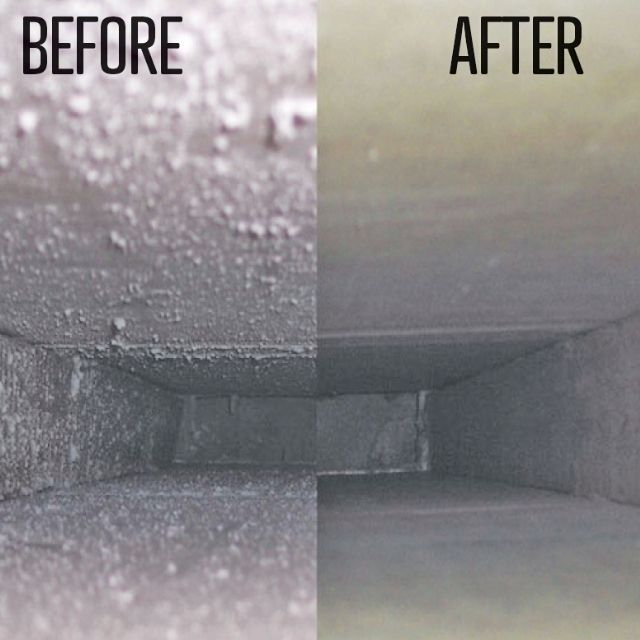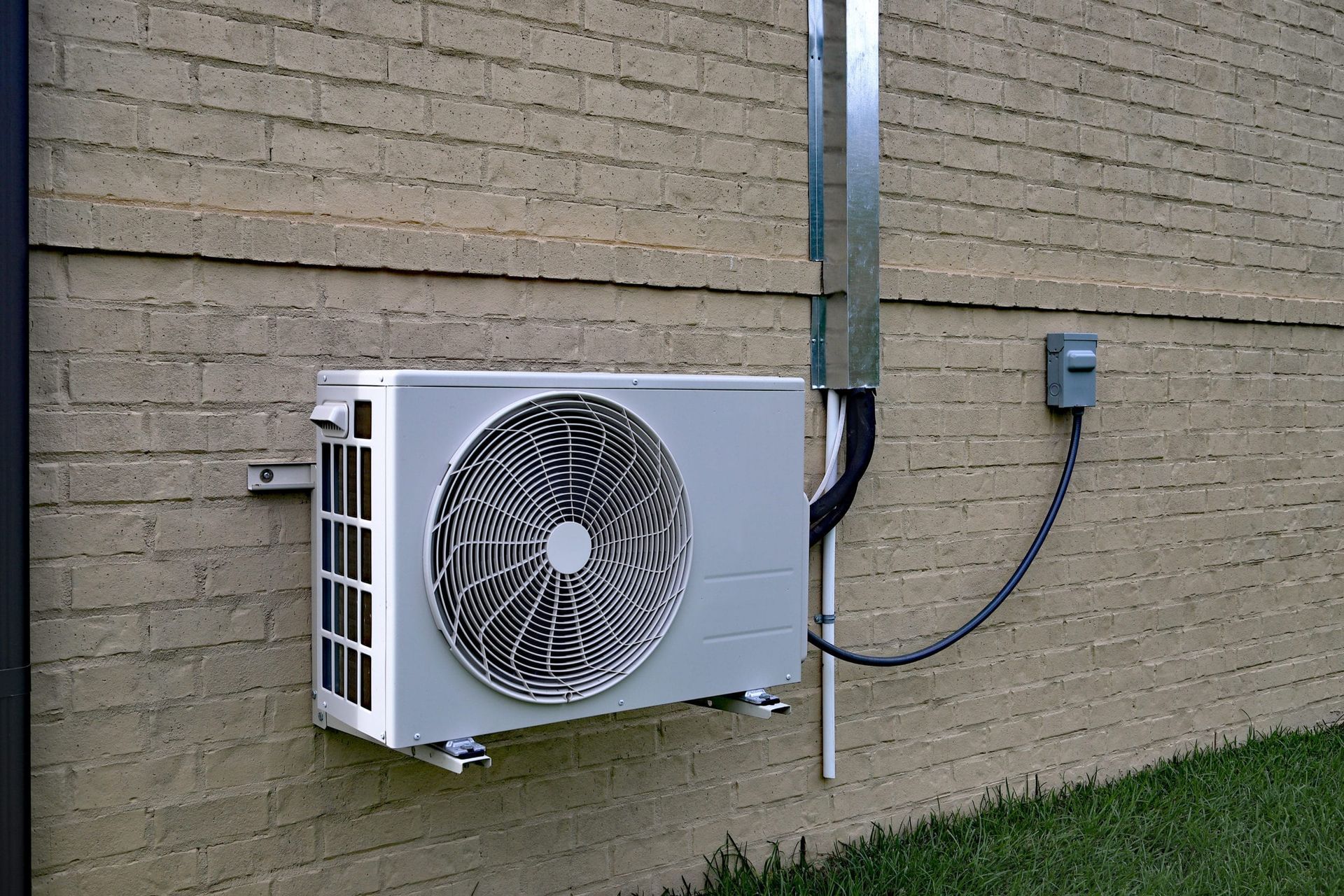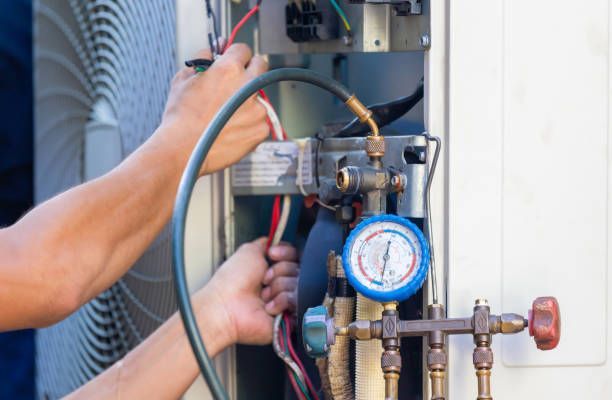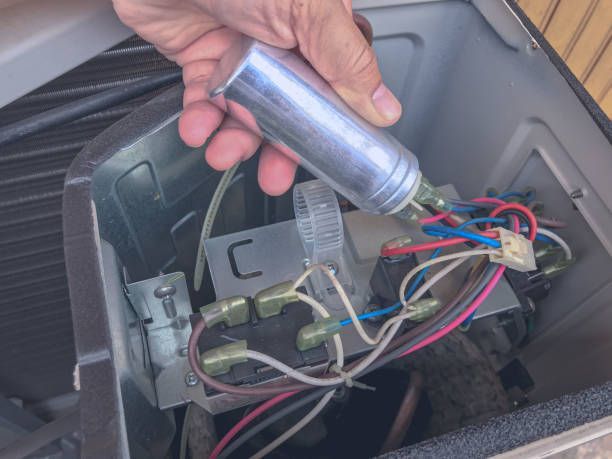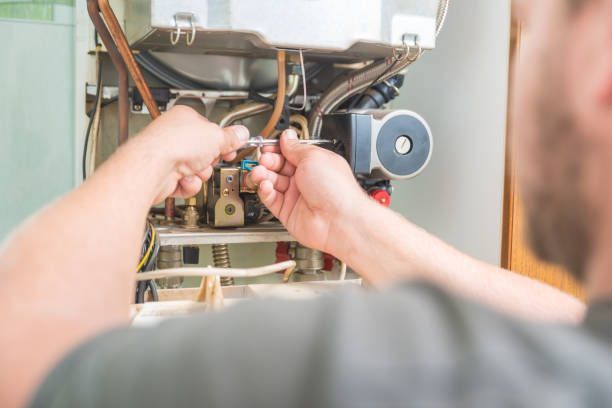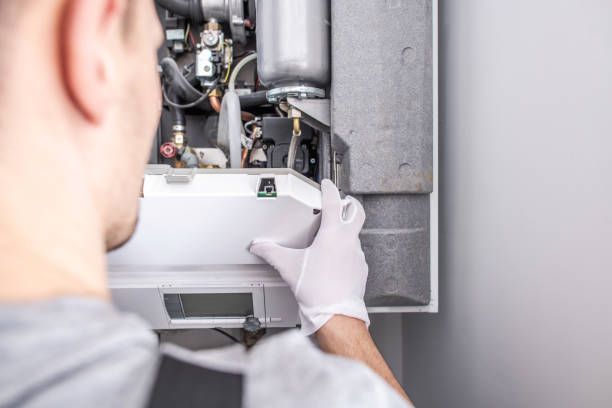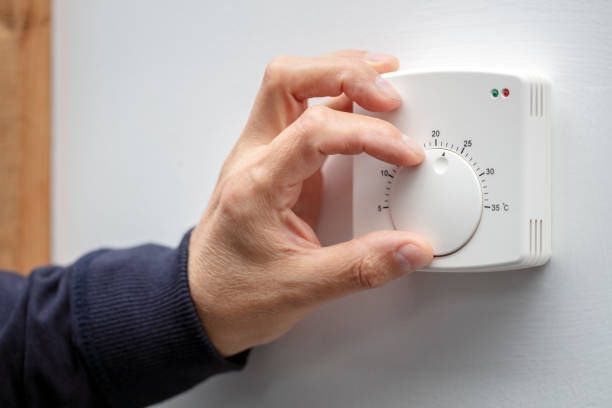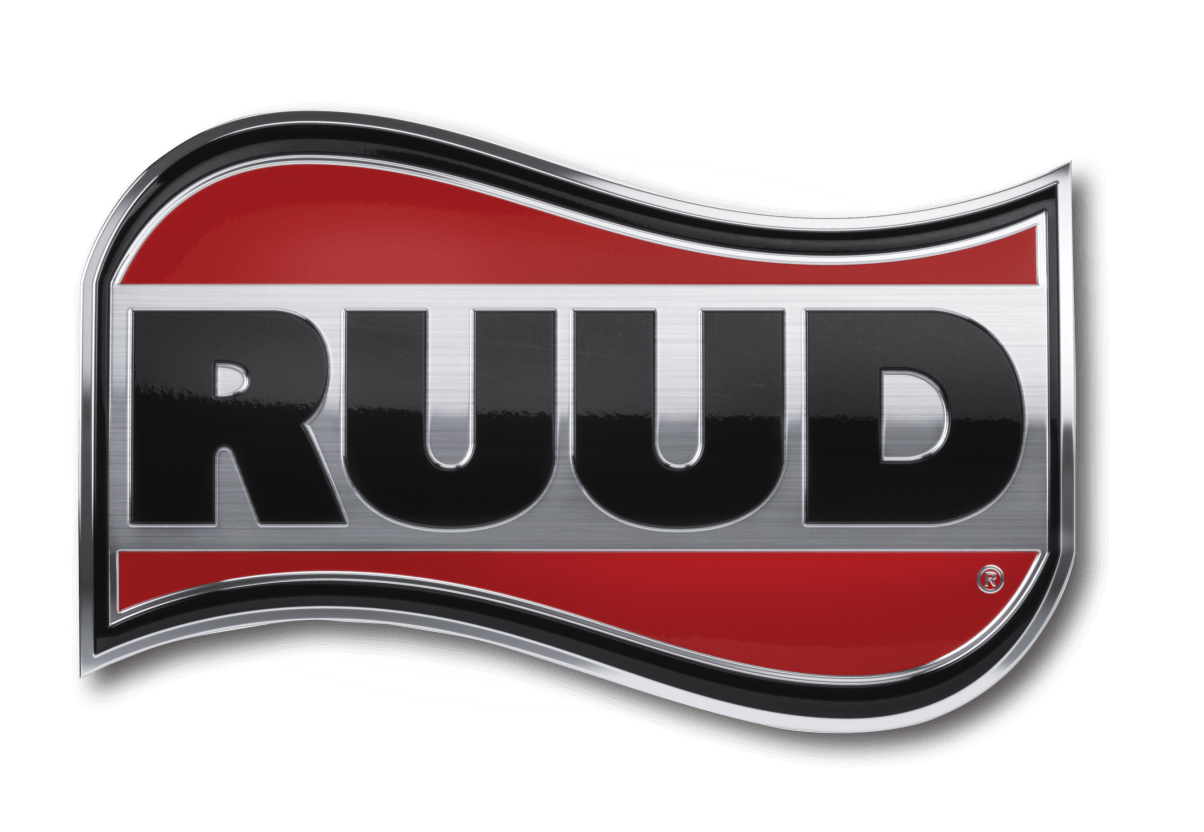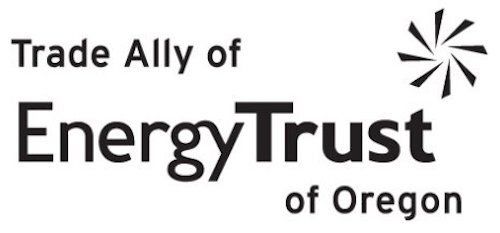How To Protect Your HVAC System From Winter Elements
Having problems with your heating system in the winter is a nightmare scenario.
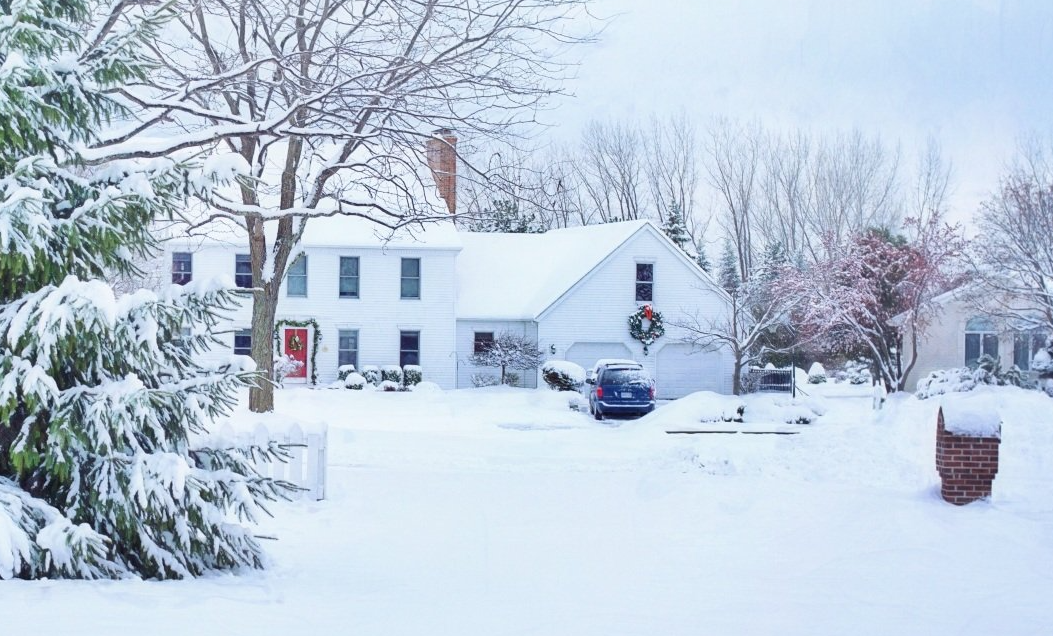
Today's heating, ventilation, and air conditioning (HVAC) systems are much more energy efficient than in the past. A lot of research and investment is being put into developing HVAC systems that use less energy and have a smaller carbon footprint. Although the upfront cost of new systems is higher, the long-term savings on energy bills can help make up for it. Instead of paying exorbitant energy costs for decades, the money you save in a few years is usually enough to help you pay off the initial investment.
Because of their low energy use, modern systems are the best option for your house. Your system impacts the environment using electricity, oil, or natural gas. While improving the comfort and livability of your house, upgrading to energy-efficient equipment can help lower your overall environmental impact.
Like the long-term and short-term harm that wind, snow, and ice can do to a house, they can also do significant and expensive damage to an HVAC system. Simple but essential measures taken by Oregon during the coldest months of the year will extend the life of their HVAC system, resulting in fewer repairs and fewer operating costs.
The impact of winter weather on an HVAC in Oregon
Boilers and Gas Furnaces
The unprotected exhaust and intake pipes on the roof or sidewall of your home are two of the most vulnerable parts of a boiler or gas furnace. The system could fail if melted snow, ice, or frost in the exhaust or intake pipe refreezes.
The valves and controls of these heaters are also vulnerable to water damage. Problems with dependability can arise if the system is exposed to water, as this can cause corrosion to occur where it is hidden. If the water damage is serious enough, the appliance could catch fire. If you suspect water damage to your HVAC system in Oregon, you should always have a professional evaluate the system.
Heat Pumps
Melting snow or rain from the roof or gutters into a heat pump might be hugely problematic if the water freezes on the coil fins and fan blades. This can potentially disrupt the harmony of the group as a whole. You may also experience strange noises and vibrations emanating from the unit and refrigeration leaks if this happens. As an added complication, fins may burst, the system's circuitry could be short, or individual components could burn out.
Heat pump coils generally don't need to be defrosted because the refrigerant inside the machine can handle the temperature swing. Overheated condensation can form on the processing coils of a refrigeration machine in cold weather.
However, ice should never form around a heat pump because that will trigger the emergency shut-off. The device needs immediate attention if ice begins to build around it. Possible malfunction of the automated defrost function. If you see an abnormal accumulation of ice, you can clear the area around and on top of the unit using a broom to improve ventilation.
Do not use water or tools to try to break through the ice. After 30 minutes, if you haven't seen any progress, you should get some help. Don't hesitate to get in touch with a specialist if the ice buildup is significant.
Winter Maintenance for Oregon HVAC Systems
- Debris Removal: Clear the area around your heater of snow, leaves, pine needles, and any other debris that may have accumulated.
- Cover the A/C: Put a cover over the air conditioner as soon as the weather starts to turn chilly to keep debris out of the system. You should put your portable unit somewhere dry and protected from the elements.
- Gutters: Check that water isn't dripping into the HVAC unit from the gutters.
Preventing Winter Wealth Damage to HVAC Units
- Air Filters: You should replace the air filters in your heating and cooling system as often as the manufacturer suggests. When the heating system works harder in the winter, the filters may need to be changed more frequently.
- HVAC placement: A raised platform should be used instead of placing an HVAC unit directly on the floor. Keep the device at least 18 inches from the wall of your house.
- Proper drainage: Make sure water from rain and snowfall flows away from your house with proper drainage.
- Wind protection: Protect the HVAC system from the wind by placing a barrier at least 18 inches from it. A fence or hedge can be used to increase security.
- Protect components: To keep your gas furnace or boiler working correctly, ensure the exhaust and intake air pipes are kept dry.
- Coils and fins: Check the coils and fins on your HVAC system regularly to ensure they are in good working order. At the very least once a year, you should clean these parts.
- Professional maintenance: Towards the end of summer, hire a professional HVAC technician to come and assess and service the heating system. Similarly, have a technician look over your air conditioning system every spring.
The Pacific North West here in Oregon area may only get a few snowy days each year, but if you aren't prepared, that snow might cost you a lot in HVAC maintenance. Don't wait until it's freezing outside to call for a heating system repair service.
Get a Free Quote Today!
Fill out the form below and we'll get back to you as soon as we can!
Contact Us
We will get back to you as soon as possible
Please try again later
Contact Us
Best Owner Direct is your local, independent, family-owned and operated, residential and commercial HVAC service, repair and installation team. We're a trade ally of the Energy Trust of Oregon and our certified professionals offer services for all major brands. With over 20 years of experience, our team can handle all of your HVAC needs.
Free estimates available for installations. Contact us today to learn more or to schedule an appointment!
Read More Tips from the Experts Below:
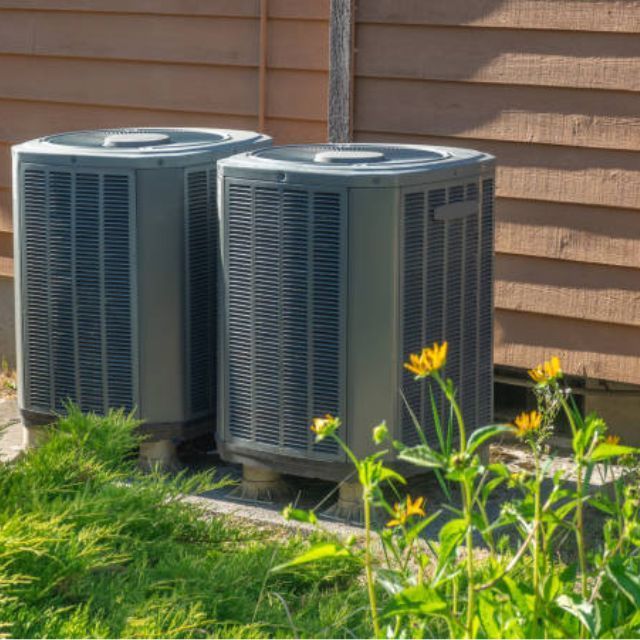
Best Owner Direct HVAC & Electrical is proud to be a PGE-approved Contractor and an Energy Trust of Oregon Trade Ally!
Serving Residential & Commercial Customers in Washington County, and parts of Yamhill, Multnomah and Clackamas Counties. Contact us for more information.
NAVIGATION
All Rights Reserved | Best Owner Direct HVAC & Electrical
